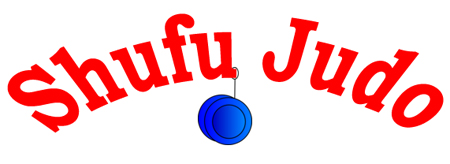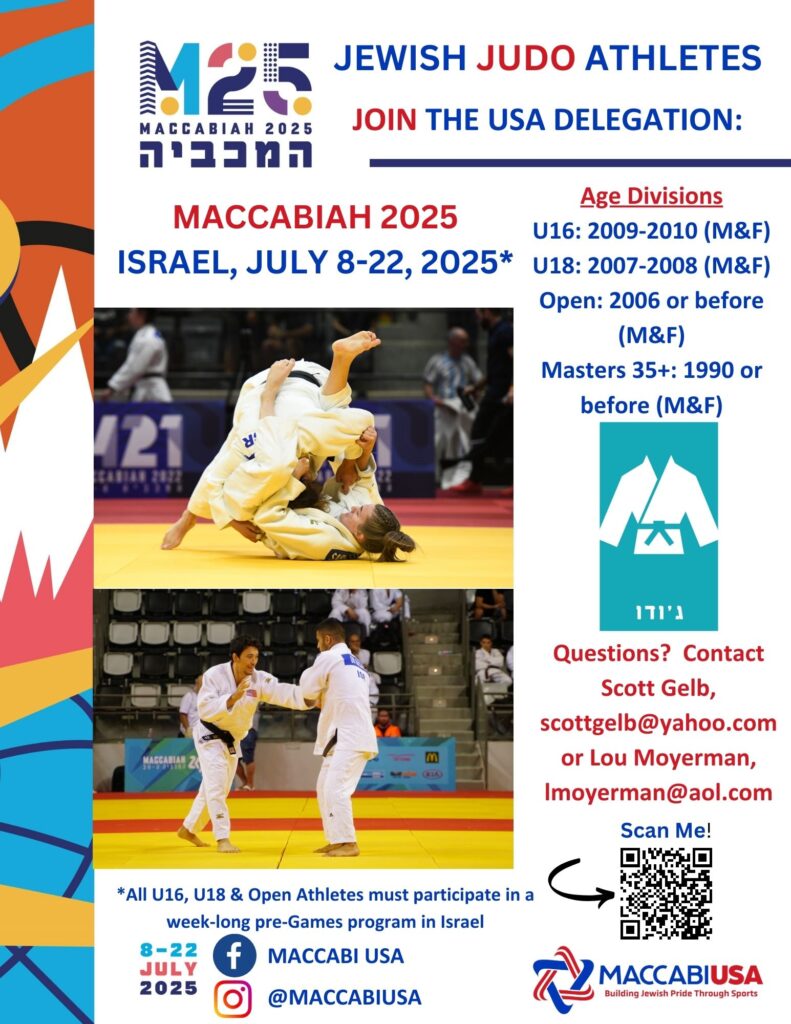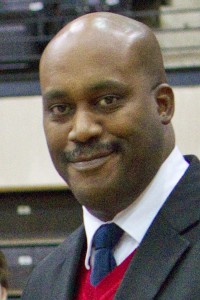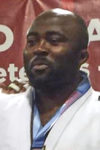In one of the latest demonstrations of the continuing tradition of top-flight referees developing out of Shufu, Bobby Donaldson of the College Park Judo Club has been awarded the highest of international judo referee certifications, the IJF-A.
In January 2015, this commentator wrote that “Over the years, Senior Chief Bobby Donaldson has proven his skill and knowledge to be at the level of the top international referees, and it likely won’t be long before he earns the right to be an IJF-A, the top level in the world.”
Donaldson recently reached that pinnacle of the referee certification sequence less than three and a half years after earning the IJF-B Continental certification (https://shufujudo.org/?p=9176), and only eight years after beginning to referee in late 2009.
Testing in Montreal, Canada on November 5th at the Quebec Open Judo Championships, Bobby was refereeing under the critical gaze of two examiners from the Pan American Judo Confederation and four from the International Judo Federation (IJF) Referee Commission including IJF Head Referee Director Juan Carlos Barcos from Spain and Referee Supervisor Akinobu Osako of Japan.

New IJF-A Referee Bobby Donaldson, IJF Referee Commission Secretary Pasquale Chyurlia (Italy), IJF Referee Director Juan Carlos Barcos (Spain), and new IJF-A Referee Sheldon Konno (USA)
“Of the six I had not met two of them (Barcos and Osako). You get one chance to make a lasting impression”, said Donaldson. “Additionally, being taller and decidedly different, every mistake I make on the tatami is amplified far more than those who are not as physically noticeable. This requires even more of a concentrated effort on my part.”
Donaldson, 52, is a Shichidan (7th Degree Black Belt), retired from the US Navy at the rank of Senior Chief, and is President of Maryland Judo. He recently discussed his career path as a referee, and the keys to his success.
“I was directed to be a referee by senseis Mayfield and Jim Takemori, so since I had no choice, I decided to go all in and go as far as possible, as fast as possible. I remember Ms. Sharon Landstreet (Shufu’s own 2017 World Championships Referee) giving me the local/regional exam. Little did we know at that time that we would both be wearing the IJF–A patch in the future.”

Donaldson refereeing the 48 kg Gold Medal match at the 2017 European Cadet Championships in Berlin, Germany
Bobby has been a fixture in nearly every US National Judo Championships for the last seven years, crisscrossing the country to provide refereeing service to Judo.
When asked about his most difficult task to overcome in his advancement as a referee, he said, “Simply put, financial constraints. I referee no less than fifteen tournaments per year, of which I averaged eight or more evaluations. On average, every domestic tournament costs me around $1,000, and international trips cost me closer to $2,500 per event, all of it self-funded. I have benefited greatly by being one of the senseis from College Park Judo, as the dojo provided me assistance at events where our team was traveling.”
A lifelong judoka, Bobby is a former USA elite roster athlete who competed internationally, creating an exceptional blend of technical ability coupled with competition experiences on the tatami that has benefited his pursuit of improving his referee skills.
“Yes, I competed in a lot of tournaments, both here and abroad. However, I don’t consider myself as being as successful as I would have preferred”, he said.
The last 18 months has been extremely busy for Bobby. During that time, he refereed at the European Judo Union Cup twice (once for Cadets and once for Juniors), at the XVIII Warsaw Judo Open in Poland where nearly 1,400 Cadets and Juniors contested for two days, and at the Pan American Open Championship in Buenos Aires, Argentina.
I asked Bobby about his experiences officiating in Europe. “It is completely different as the referee corps in Europe are evaluated against each other and are not separated into peer groups (IJF A, IJF B, National (PJC-C equivalent). Everyone there has to be rated within the top 150 referees throughout the EJU in order to receive invitations to officiate at the higher-tiered events. This removes the obvious mentoring that takes place in America where IJF-As mentor IJF-Bs, and so on down the line.”
A referee’s performance at a tournament is generally gauged by being chosen to work important matches in the finals block. In clear validation of Bobby’s performance at the international level, he worked the final block of every tournament he attended, usually as the center referee for the gold medal contest.

Donaldson refereeing the 78 kg Gold Medal match at the 2016 European Junior Championships in Berlin, Germany
Finally, when I asked what the most difficult portion of his IJF–A exam was, Bobby answered “Funny enough, it was where to sit. Being taller than the average referee it is virtually impossible for me to hide or blend into the background, so I don’t even try and I sit up front”.
Now that Bobby has reached the IJF-A level, what are his goals? “My goal is to further demonstrate the plight of referees who have no sponsorship, while continuing to be of service to Judo”.




